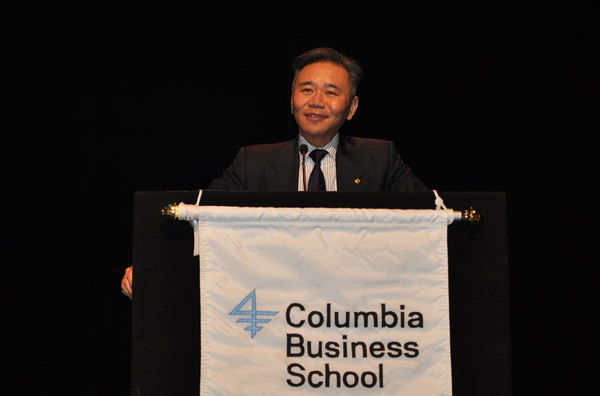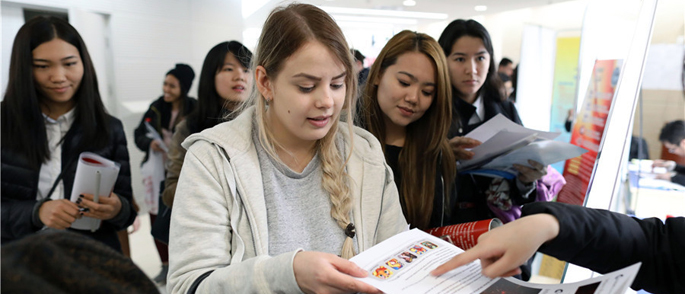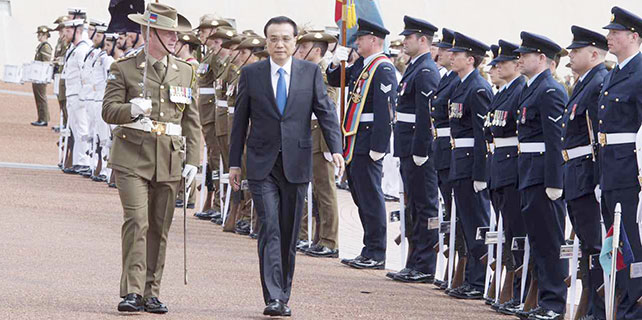China's next moves explored
 |
|
Warren Wang, chairman and CEO of JM Eagle, the world's leading pipe manufacturer, says he is proud of his company's participation in a project that installed more than 400 miles of plastic pipe to deliver potable water to 350,000 people in eight African countries. Photo by Paul Welitzkin/China Daily |
In remarks aimed squarely at the students attending the 10th annual China Business Conference at Columbia University in New York, Walter Wang, chairman and CEO of JM Eagle, the world's leading pipe manufacturer, said "the purpose of business is to create more than just profit."
The conference, sponsored by the Greater China Society and Columbia University Business School on Saturday, was built around the theme of Stagnation or Transformation: Chasing China's Next Strategic Opportunities.
Despite a personal bout with cancer, Wang has taken a manufacturing business and successfully changed its culture by focusing on creating plastic piping to carry water. Both Wang and his company are now thriving.
JM Eagle partnered with Columbia's Millennium Project to provide more than 400 miles of plastic pipe that is being used to deliver potable water to 350,000 people in eight African countries.
"Something as mundane and ordinary as pipe can change lives," Wang said, adding that his company creates "a product designed to last a lifetime and deliver an essential resource — water."
On the current state of US-China relations, Wang said US President Donald Trump's decision to appoint Iowa Governor Terry Branstad as US ambassador to China will help defuse trade and political tensions between the two largest economies in the world.
"I think he (Branstad) will be able to become a bridge to help resolve any misunderstandings," said Wang, noting that Branstad has personal and professional ties with China's President Xi Jinping.
Wei "Daisy" Cai, who directs Chinese internet search giant Baidu's global technology investments, said the internet and the so-called sharing economy will serve as growth engines for China's economy in the future.
Cai said AI, or artificial intelligence, will become China's "new platform for opportunity". Baidu is laying a foundation in AI with its huge stockpile of data, she added.
Weidong "Richard" Ji, a co-founder and managing partner of All-Star Investment Ltd which controls $1 billion of assets, said China's 600-to-700 million internet users will become the backbone for the country's new economy.
"In China's venture capital market, half of the money is invested in the internet sector," Ji said.
Ji's firm invests in what are known as the category leaders in China: ride-sharing company Didi Chuxing, Tujia (China's version of Airbnb) and Meili Inc, a Chinese online fashion platform.
"Mobile and the internet will drive the future and China's economy," he said.
Chinese MBA students at Columbia worked for several months to organize the event. Ryan You, a 2017 MBA candidate, along with fellow students Angel Chuang and Nick Zhou, served as co-chairs of the gathering.
"This conference will showcase China's new economy to the US," said You. "Many do not realize that China is quickly adapting to the emerging technologies that are shaping the global economy."
You, who hails from Wuhan, capital of Hubei province, said his participation will help to build his leadership skills and enable him "to get to know the speakers and network with them".
















